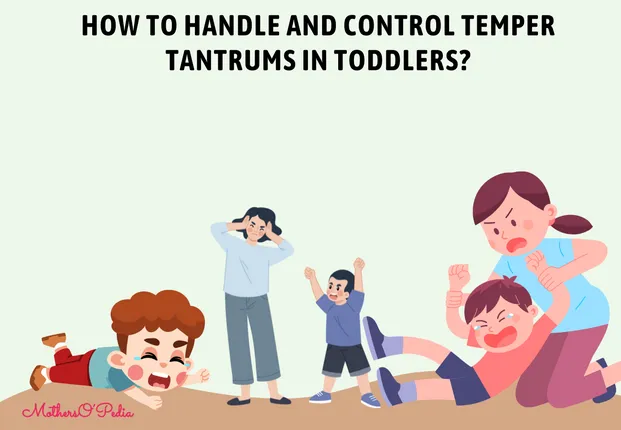Temper tantrums can be one of the most challenging phases for parents. However, understanding what triggers these outbursts and how to manage them effectively can make a big difference. Here’s how you can keep your cool and help your child through their emotional moments.
1. Stay Calm and Collected
The first step to managing any tantrum is to stay calm. Your emotional state greatly influences your child’s behavior, so deep breathing and patience are crucial.
2. Redirect Their Attention
When tantrums strike, redirecting your child’s attention can work wonders. Introduce a toy, game, or book that they enjoy, or offer a snack if they’re hungry. This helps break the cycle of frustration.
3. Give Your Child Control
Tantrums often stem from frustration over a lack of control. Offer simple choices like, “Do you want to play with the red car or the blue car?” This empowers your child and makes them feel in control of the situation.
4. Avoid Raising Your Voice
It’s tempting to out-shout your child during a tantrum, but this can escalate the situation. Keep your voice firm but calm, which helps de-escalate the outburst without causing more stress.
5. Monitor Triggers
Track when and where tantrums happen. For example, if your child gets irritable after meals, consider whether they’re overtired or affected by certain foods. Understanding these triggers can help prevent future meltdowns.
6. Set Clear Limits
Setting clear boundaries is essential for curbing tantrums. Give your child a countdown to prepare them for changes, such as the end of playtime. Clear expectations and consistency help children adjust better.
7. Preventive Measures
Before heading out for errands or social activities, make sure your child is well-fed and rested. Keep snacks, toys, and distractions handy to prevent tantrum triggers like hunger or boredom.
8. Be Consistent
Consistency is key in managing behavior. If you handle tantrums the same way every time, your child will learn what to expect and adjust accordingly. Maintain the same rules at home and in public to reinforce these behaviors.
9. Teach Comfort Through Play
Sometimes, role-playing can help your child become more comfortable with situations that usually cause tantrums. For example, use a toy doctor kit to prepare them for real appointments, reducing anxiety.
10. Reward Positive Behavior
Praise and rewards for good behavior reinforce positive actions. Help your child understand the benefits of behaving well by acknowledging their efforts and offering small rewards for staying calm.
By using these techniques, parents can navigate the tantrum phase with more ease, helping both themselves and their toddlers grow through these challenging moments.

